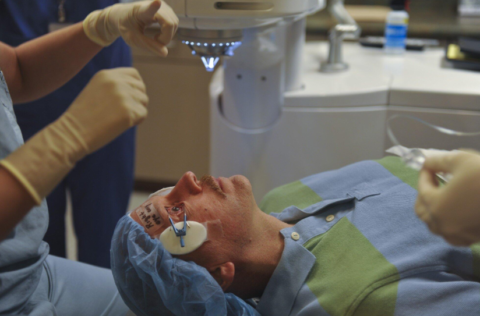Key Takeaways
- Understand the essential leadership qualities for nurses.
- Learn practical strategies to enhance nurse leadership skills.
- Discover the role of communication and empathy in nursing leadership.
- Find out how continuing education can improve nurse leadership capabilities.
Introduction to Nurse Leadership
Nurse leadership is an integral part of the healthcare system. Influential nurse leaders ensure smooth operations, improve patient outcomes and foster a supportive working environment for their teams. Whether you’re an experienced nurse or just starting your career, developing strong leadership skills is crucial. One way to enhance your leadership capabilities is by exploring master degree programs in healthcare that provide advanced knowledge and skills.
The need for competent nurse leaders grows as the healthcare environment becomes increasingly complex. The roles of nurse leaders are manifold, ranging from managing clinical teams to implementing healthcare policies. Understanding the core qualities and strategies for effective leadership can position you for success in this dynamic field. Moreover, the ripple effects of solid leadership can lead to organizational improvements and better patient outcomes.
Essential Qualities of a Nurse Leader
Influential nurse leaders possess unique qualities that help them navigate the complexities of healthcare management. These include:
- Empathy is the process of perceiving and experiencing another person’s emotions. It strengthens connections with teams and patients, enabling nurse leaders to promote transparency and trust.
- Integrity: Maintaining honesty and strong moral principles. Integrity guarantees that nurse leaders act morally and provide an excellent example for their colleagues.
- Resilience means the capacity to bounce back quickly from setbacks. It helps nurse leaders stay composed under pressure and lead their teams through challenging times.
According to recent research, nurse leaders who demonstrate these qualities can better support their teams and improve patient care. These traits enhance personal performance and motivate team members to strive for excellence. Leadership underpinned by empathy, integrity, and resilience results in more cohesive and effective healthcare delivery.
Strategies to Enhance Nurse Leadership Skills
Effective Communication
Good leadership is built on good communication. To prevent misconceptions, nurse leaders must communicate clearly and succinctly. It includes active listening and providing constructive feedback. Effective communication can bridge gaps and build stronger teams. Leaders must also foster an atmosphere where team members feel free to express their worries and suggestions. This reciprocal communication builds trust and encourages teamwork at work.
Encouraging Team Collaboration
Strong nurse leaders promote teamwork and collaboration. Leaders may improve team morale and efficiency by establishing an inclusive atmosphere where each member feels appreciated. Encouraging open dialogue and regular team meetings are excellent ways to foster this. Techniques such as conflict resolution and team-building exercises can further strengthen collaboration. When team members work well together, they can provide better patient care and adapt more quickly to changes in the healthcare landscape.
Continuing Education
Ongoing education is essential for nurse leaders to stay updated with the latest healthcare. Additional qualifications, such as a Master’s in Nursing, can provide the theoretical and practical knowledge required to lead effectively. Many institutions, such as William Paterson University, offer flexible online MSN programs that cater to working professionals. By continuously learning, nurse leaders can gain insights into advanced medical practices, healthcare management, and leadership principles. It enhances personal competency and equips leaders to mentor their teams effectively.
The Role of Empathy in Nursing Leadership
Empathy is critical in nurse leadership as it fosters a genuine connection between the leader and their team. Nurse leaders with empathy can better comprehend and handle the issues their team members face, improving work satisfaction and reducing burnout rates. According to a study, incorporating empathy into healthcare leadership can improve positive outcomes. Empathic leaders are more equipped to foster a caring and supportive work atmosphere, eventually improving team performance and patient care.
Conclusion
Building strong nurse leadership skills requires dedication and continuous effort. Nurses can become outstanding leaders who significantly impact their teams and patients by cultivating essential qualities such as empathy, integrity, and resilience while employing effective strategies like clear communication, team collaboration, and ongoing education. Embracing these practices will enhance your leadership capabilities and contribute to advancing the healthcare profession. Strong leadership will be essential in determining the direction of healthcare in the future to guarantee that patients and healthcare professionals prosper in a continuously changing setting.

Daniel J. Morgan is the founder of Invidiata Magazine, a premier publication showcasing luxury living, arts, and culture. With a passion for excellence, Daniel has established the magazine as a beacon of sophistication and refinement, captivating discerning audiences worldwide.





